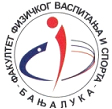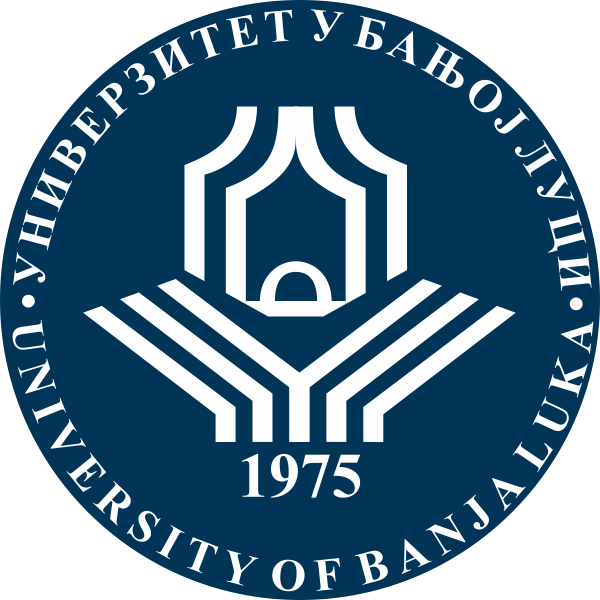SportLogia
Vol. 15, Issue 1, december 2019.
INTERNAL AND EXTERNAL VARIABLES IN THE SPORTS MANAGEMENT
José Antonio Rodríguez1
1University of Los Andes, Mérida, Venezuela
Science critic
doi: 10.5550/sgia.191501.en.r
UDC: 796:005
Abstract
Sports organizations are subject to a permanent movement, having to plan correctly and systemically towards the future. This research analyzes the different concepts, theories and research of different authors on which are the internal and external variables on which the public and private sports organizations base their management. In this sense, a documentary investigation was designed, with explanatory level depth, oriented in a phenomenological, interpretative epistemological approach, of qualitative nature. The data collection technique is a documentary analysis; using arching of sources and triangulation, the instrument was a digital word processor. Among the findings, it was observed that many sports organizations based their planning mainly on theoretical facts, unrealistic to their situation, always considering the same internal and external variables. In their management these organizations mainly consider the managerial level, and a little to their personnel, being more interested in the results of the teams or of their athletes, the typical operating management is highly qualified to solve current problems and resist a change of paradigm to get involved and to investigate more deeply on other internal variables of their organism equally on external variables that impact on their organization. Finally, the research reflects other variables to be considered in order to optimize the management process in sports organizations, which, when properly considered, can support their management and will result in sustainable development, fulfilling their activities and achieving the stated goal.
Key words:planning process, sports organizations, resources, variables.
References
Arias, F. (2006). Research project. Caracas, Venezuela. (5th Ed.). Episteme, CA.
Editorial.
Bernal, A. (2000). Research methodology for administration and economics.
Prentice Hall Editorial, Pearson Education. Colombia. University of La
Sabana.
Chiavenato, I. (2004). Administration in the new times. 1st. Edition. Sao Paulo,
Brazil. McGraw Hill Editorial.
Chiavenato, I. (2006). Introduction to the general theory of administration. 7th.
Edition. Mc Graw Hill Editorial. Sao Paulo, Brazil.
International Olympic Committee (2015). Olympic games of Rio de Janeiro, Sports Olympic Program [Online article] Available: https://www.coi.org. [Consultation August 6, 2015].
Cook G. (2012). Analysis of the business environment of the United States of America.
Online Thesis]. Doctoral Thesis. Prague. Check Republic. Available: file: /// C: /Documents%20and%20Settings/TEMP/Mis%20documentos/Downloads/zaverecna_prace.pdf . [Consultation: 2015, August 18].
Corral, Y., Fuentes, E., Maldonado, C., Brito, N., (2012). Some topics and rules
general applicable to the elaboration of projects and works of degree projects
and ascent. (2nd ed.). Caracas, Venezuela. Editorial Fundation University Pedagógica Experimental Libertador.
Gabaldón, F. (2008). Quality Management of service organizations. Merida, Venezuela. Publications Council Editorial of the University of Los Andes.
Gutierrez, J. (2009). Sports direction and management. Armenia, Colombia, Kinesis Editorial.
Humphrey, A. (2004). DOFA analysis and PEST analysis. [Online document] Available: http://www.degerencia.com/articulos.php?artid=544 [Consultation: 2015, August 9].
Martínez, M. (2006). Science and art in qualitative methodology. Caracas, Venezuela. Trillas Editorial.
Millar, P. (2015). Capacity to create community sports organizations. [Online Thesis]. Doctoral Thesis. The University of Western Ontario. United States of America. http://ir.lib.uwo.ca/cgi/viewcontent.cgi?article=4613&context=etd
[Consultation: 2015, September 21].
Paris. F. (2003). Strategic planning in sports organizations. Barcelona, Spain.
Paidotribo Editorial.
Rodríguez, J. (2015). Guidelines for the situational study of strategic planning in sports organizations. Doctoral Thesis. Willemstad, Curacao. Caribbean International University (CIU).
Rodríguez, J. (2016), The application of information and communication technologies in the Postgraduate Studies of Physical Education in the University of Los Andes in Venezuela. Book of the Federation Internationale d' Education Physique (FIEP) of Europe: "Physical Education and New Technologies". Zagreb, Publisher of the Croatian Kinesiology Association.
Villamarin, S. (2004), Administration of physical education, recreation and sports organizations. Cauca, Colombia. Mayor of Santander of Quilichao Editor.
To cite this article:
Rodríguez, A.J. (2019). Internal and external variables in sports management. Sportlogia, 15 (1), 36-47. https://doi.org/10.5550/sgia.191501.en.r
Received:10.10.2019.
Approved: 22.10.2019.
Correspondence:
Dr. José Antonio Rodríguez
Doctor of Management
Senior Lecturer at University of Los Andes
Mérida, Venezuela
Phone: 0584147174342
Zip Code: 5101
fiep.merida@gmail.com




